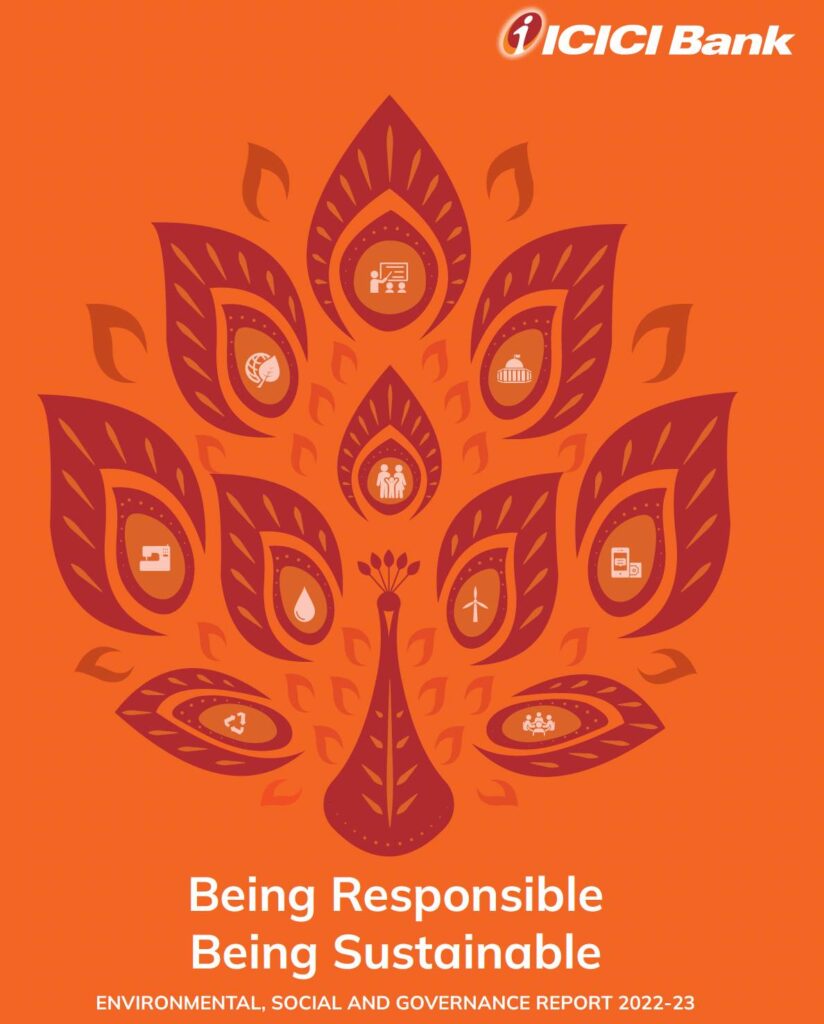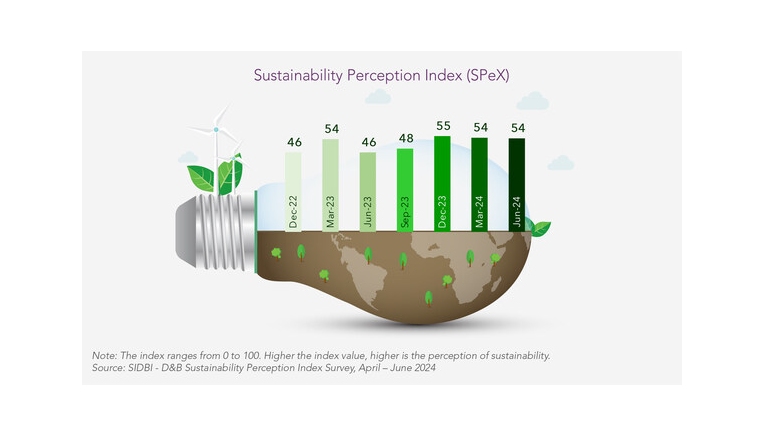One of the leading private banks in India, ICICI Bank recently released its ESG report for the year 2022- 2023. Though a detailed comparison of ICICI’s performance on the ESG metric vis-à-vis its peers will follow soon, I want to highlight the bank’s achievements in the energy and renewable energy segments, in the last one year.
The bank in its ESG report has written about the usage of renewable energy, e-vehicles and green workplace (IBC-certified buildings) along with promoting sustainable living and support to the community through its CSR activities.
ICICI Foundation, the philanthropic arm of the bank, implements environment-supportive projects in the areas of tree plantation, sustainable forests, watershed management, rainwater harvesting and renewable energy.
In fiscal 2023, the renewable energy usage at ICICI Bank was 17.08 million kilowatt/hour. This was 9% of the bank’s total energy consumption, up from 7% in fiscal 2022. “We are continuously enhancing the usage of renewable energy at our premises. We took a major leap in the RE journey with the adoption of green tariff from electricity distribution companies (DISCOMs) in Maharashtra and Telangana,” said the report
A green tariff is a special price offered by a DISCOM which enables large commercial and industrial customers to purchase bundled renewable electricity. The bank regularly conducts energy audits of its premises, implements green practices and invests in advanced technology with an endeavour to lower our carbon footprint, ICICI said in the ESG report.
Renewable Energy Consumption (In million kWh)

- 3.32 On-site solar generation
- 1.68 Solar energy through open access arrangement
- 12.08 Renewable energy through green tariff
- 17.08 total
As per the report, “In the year 2023, we extended our rural social development agenda to the remote border villages of the country in partnership with the defence and paramilitary forces. The programmes support villagers through welfare initiatives in education, healthcare, livelihood support, renewable energy, watershed management, sanitation, waste management, and environment…”
Interestingly the report has increased focus on climate action. The authors noted, “Climate change considerations have become important for organisations as they steer their strategies around decarbonisation. The challenges facing us are the evolving regulatory and policy framework, and the need to meet the expectations of a diverse set of stakeholders. The Bank is committed to acting on these aspects and building on the opportunities that will emerge within India’s national goals and commitments. ICICI Bank is aligned with the government’s push in areas like renewable energy, green hydrogen, electric mobility, sustainable buildings and water security.”
The best example is the bank’s initiative enabling 2,000 Schools with solar power with a total capacity of 5 MW, in 2023. This means that ICICI follows and implements the initiatives mentioned in the report. We may see the bank conquering the ESG parameters with ease beyond just ticking the boxes against regulatory requirements.











